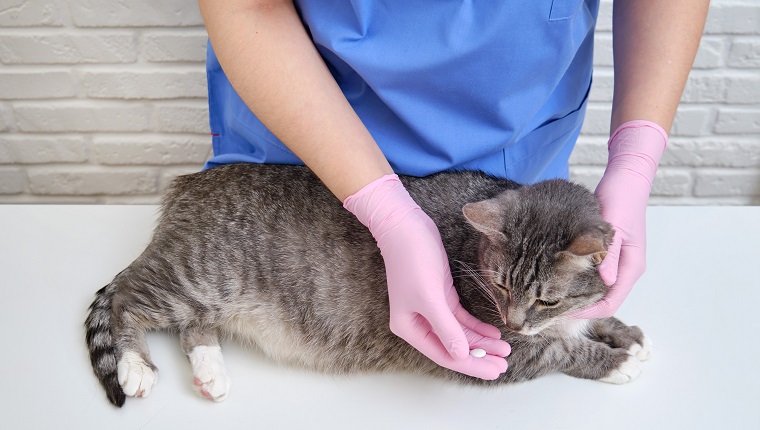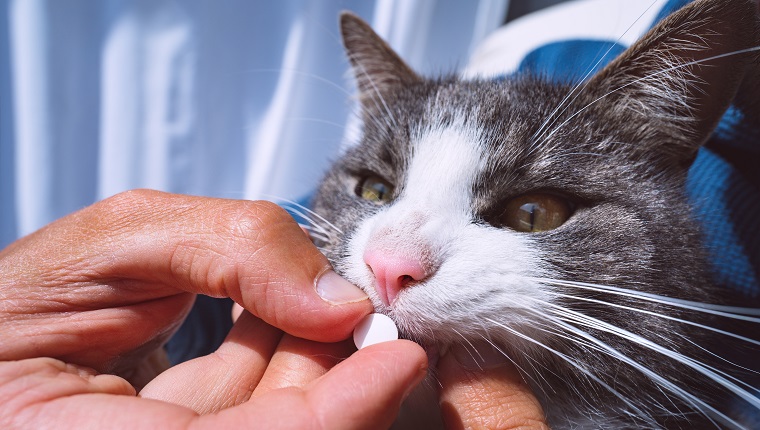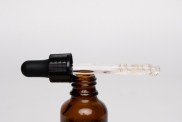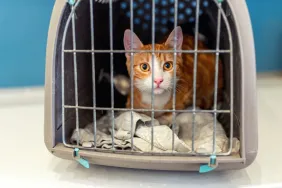Desmopressin for cats is a hormone-based drug primarily used to treat the condition diabetes insipidus. You may also find it under a number of brand names including Stimate, DDAVP, and Minrin.
The medication is considered to be a synthetic vasopressin drug that veterinarians usually prescribe in order to treat diabetes insipidus in cats. It works by producing a hormone that can help the kidneys to reduce a feline’s urine flow.
While the drug is not technically FDA approved for cats, vets frequently prescribe the medicine.
Remember that when drugs are only available through prescription, it is especially important to follow your vet’s dosage and frequency instructions. Here’s what you should know about the uses, dosage, and side effects of desmopressin for cats.
Uses Of Desmopressin For Cats
Veterinarians mostly prescribe desmopressin for cats to treat diabetes insipidus. When a cat suffers from diabetes insipidus, they might find themselves both urinating more than usual and feeling the need to drink more water than usual. Weight loss and dehydration can also set in.
When a cat takes the drug, it acts to replace the hormone vasopressin, which in turn regulates a cat’s kidneys.
Before taking this medication, it is important that your vet checks out your cat properly and confirms that they actually suffer from diabetes insipidus.
Dosage Of Desmopressin For Cats

The following information is meant as a guideline for typical use of the drug in cats. It must not replace your vet’s advice for your individual pet.
Desmopressin for cats comes in a range of forms, including as a tablet taken by mouth and a liquid nose spray. There’s also an injection, usually administered in hospital, that is typically only given to dogs, not cats.
The usual dosage of the nasal spray is one to two drops administered to the eye or nose. Tablets usually come in doses of .1mg to .2mg per pill.
It is important that you stick to the precise dosage and frequency instructions that your vet recommends if they prescribe this drug for your cat. This is because the precise dosage will vary depending on a number of factors including your cat’s age, weight, and general health.
As always, it’s also vital that you complete the full course of any medication that your vet prescribes for your cat, even if it seems like they are getting better.
Side Effects Of Desmopressin For Cats
The main reported side effect of desmopressin for cats is an inflammation of the eyes. Additionally, blood clots might occur in some cases.
In general, the following categories of cats should avoid this drug:
- Cats with a history of suffering from blood clots
- Pregnant cats
- Cats with heart disease
- Cats who have a record of being allergic to the medication
Additionally, this medicine might react badly with cats who are already taking any of the following medications:
- Chlorpropamide
- Urea
- Fludrocortisone
Finally, in the case of an overdose, consult with your emergency vet straight away.
Has your vet prescribed desmopressin to your kitty? Did it help with their condition? Let us know in the comments below!









